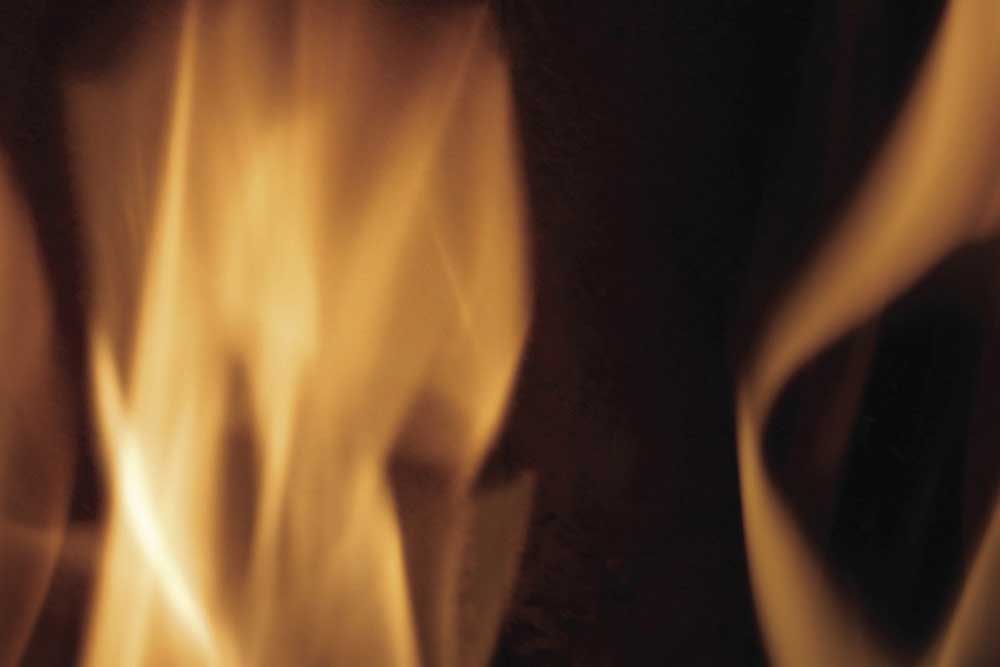Monkeypox detected in East Texas
Published 4:48 pm Monday, July 25, 2022

- A health care worker prepares monkeypox vaccine in Montreal on Saturday. There are two vaccines to prevent monkeypox, but supply is dwindling. Agencies are expected to get more shipments in the coming weeks and months, according to the CDC.
As monkeypox spreads in the United States, at least one case has been reported in East Texas.
One patient was recently treated at UT Health for what the Centers for Disease Control and Prevention says is a rare disease caused by infection with the monkeypox virus.
Trending
“In the past few weeks we have treated one patient who arrived at our facility and was diagnosed with monkeypox,” UT Health said in a statement on Monday. “That patient was discharged home in good condition.”
Symptoms of monkeypox can include fever; headache; muscle and back aches; a rash that looks like pimples or blisters on the face, inside the mouth or other parts of the body; swollen lymph nodes; chills; and exhaustion, the CDC says.
Some people get a rash first then other symptoms, while others may only experience a rash.
The illness typically lasts two to four weeks, according to the CDC.
UT Health said even before the positive case, its infection prevention team was reviewing CDC and other guidance to develop best practices and procedures, appropriate levels of isolation and other precautions necessary when managing suspected cases.
The hospital system said responding to a two-plus-year-long pandemic has provided them with extra experience in unknown situations like this.
Trending
“Patient and caregiver safety is our top priority, and our experience managing the COVID-19 pandemic the past two and a half years has helped to further strengthen our infection prevention strategies,” UT Health said.
Details such as age and gender were not released Monday.
There haven’t been any confirmed cases of monkeypox at Christus Trinity Mother Frances facilities as of Monday, according to Will Knous, public relations manager.
“Our Christus Trinity Mother Frances teams, along with the (CDC) and the health departments in each of the communities we serve, are closely monitoring the ongoing response to monkeypox – just as we do for any other outbreak of illness or disease,” Knous said in a statement. “And, while monkeypox is a concern for both us and public health officials, we do not expect a pandemic to unfold as we saw with COVID-19.”
Knous said the hospital system will continue to monitor the CDC’s clinical recognition guidelines and infection prevention and control.
“As we do this, the health of everyone in our community is our highest priority as we are committed to keep our patients, Associates, physicians, visitors and community members safe,” Knous said.
The World Health Organization declared the monkeypox virus as a global emergency a few days ago. Although it’s spreading rapidly, CDC states monkeypox is rarely fatal and hospitalizations are not common. Those who get the most severely ill have weakened immune systems.
“So, while public health officials say the risk to the general public remains low, we always encourage our community to practice good hygiene habits like washing hands with soap and water,” Knous said. “A simple 20-second hand washing remains one of the best ways to keep yourself healthy and stop the spread of bacteria and viruses, as does staying home when you’re not feeling well.”
Monkeypox spreads by direct contact from person to person, through touching the infectious rash, scabs or body fluids; intimate face-to-face or physical contact; and touching items such as clothing that previously touched the infectious rash or fluids, according to the CDC. Pregnant person can also spread the virus to their fetus through the placenta.
It’s also possible for a person to be infected from an animal who has the virus, either by being scratched or bitten by the animal or eating meat or using products from an infected animal, according to the CDC.
Monkeypox is part of the same family of the viruses that cause smallpox and has similar, but milder, symptoms.
There are two vaccines available for preventing monkeypox, but supply is somewhat low at this time, according to the CDC. More shipments are expected in the “coming weeks and months,” it said.
No data is available yet on the effectiveness of these vaccines in the current outbreak.
There is no direct treatment, but the CDC says there are things that can help.
“There are no treatments specifically for monkeypox virus infections. However, monkeypox and smallpox viruses are genetically similar, which means that antiviral drugs and vaccines developed to protect against smallpox may be used to prevent and treat monkeypox virus infections,” CDC states on its website.







